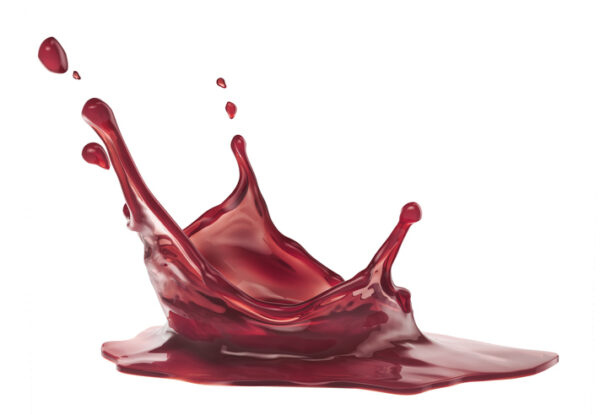
Liquid biopsies are gaining ground as manufacturers secure a growing number of regulatory approvals for the tests, long seen as the future of cancer diagnosis and treatment.
The latest approval came in late October for a liquid-biopsy platform developed by Foundation Medicine, which was bought by Roche in 2018.
The Food and Drug Administration approved the company’s FoundationOne Liquid CDx test for use in matching targeted therapies to patients with advanced or metastatic breast cancer, advanced ovarian cancer and a certain type of metastatic non-small cell lung cancer.
The FDA gave initial approval to Foundation’s platform in August as a tool for comprehensive genomic profiling of solid tumors. At that time, the platform also was approved as a companion diagnostic for therapies used in treating specific kinds of prostate cancer and non-small lung cell cancer.
Also in August, the agency approved a liquid-biopsy platform from Guardant Health and approved its use as a companion diagnostic for a certain form of non-small cell lung cancer.
The approvals are helping to spread liquid biopsies beyond lung-cancer patients, where the tests have long been used, said Dr. Geoff Oxnard, vice president and global medical lead for the liquid biopsy business of Cambridge, Massachusetts-based Foundation.
“What’s exciting about liquid biopsy is how new it is to much of oncology,” Oxnard said in a phone interview.
The tests, however, are not so new to the investment world. Over the last few years, venture funds have sunk hundreds of millions of dollars into dozens of startups looking to commercialize liquid biopsies.
The tests – seen as a non-invasive alternative to traditional tissue biopsies –involve drawing blood and scanning for cells and DNA being shed by tumors in the body. That molecular profiling then helps guide treatment decisions, including the selection of targeted therapies.
The tests are indeed promising, said Dr. Patrick C. Ma, leader of the thoracic oncology disease team at Penn State Cancer Institute in Hershey, Pennsylvania.
The primary use for liquid biopsies is as a companion diagnostic, that is, matching cancer patients with specific therapies, Ma said. Ma sees them working in tandem with tissue biopsies since there are pros and cons to both tests. Tissue can be hard to obtain in some cases, making a liquid biopsy safer for the patient, Ma said. Doctors can get more data from a tissue biopsy, but a liquid biopsy can give a broader view of what’s happening inside a patient.
“That is an ongoing debate,” Ma said in a phone interview, noting that studies support the use of both tests.
Liquid biopsies can be expensive, Ma said. But, he added, FDA approvals could help with spurring greater coverage by insurers.
The FoundationOne Liquid CDx is covered for eligible Medicare and Medicare Advantage beneficiaries, according to Foundation.
The most recent approvals for Foundation’s platform cover its use as a companion diagnostic for Clovis Oncology’s Rubraca, Genentech’s Alecensa and Novartis’s Piqray. Guardant’s platform – Guardant360 CDx – is approved for use with Tagrisso, a therapy developed by AstraZeneca.
Foundation is working with other biopharma companies to add to the roster of therapies for which its test is a companion diagnostic.
In addition to matching therapies, liquid biopsies can help doctors during treatment, Oxnard said. “By using these tests, you can understand how resistance emerges to a new therapy and try to target that resistance and get better outcomes.”Liquid biopsies also hold promise for early detection of cancer. That is the goal of Grail, a company that was spun out of Illumina in 2017. Illumina now plans to purchase Grail for $8 billion.
Grail’s test, called Galleri, can detect more than 50 types of cancer with a false positive rate below 1%, said Dr. Joshua Ofman, chief medical officer and head of external affairs for the company, which is based in Menlo Park, California. Early detection, he added, involves different technical challenges than those involved in detecting advanced cancers.
The FDA granted Galleri a breakthrough designation and it could be on the market sometime next year, Ofman said in a phone interview. It would complement rather than replace routine screenings for single cancers.
“We think it has enormous opportunity to make a big difference in the early-detection landscape,” he said.
Photo: urfinguss, Getty Images








